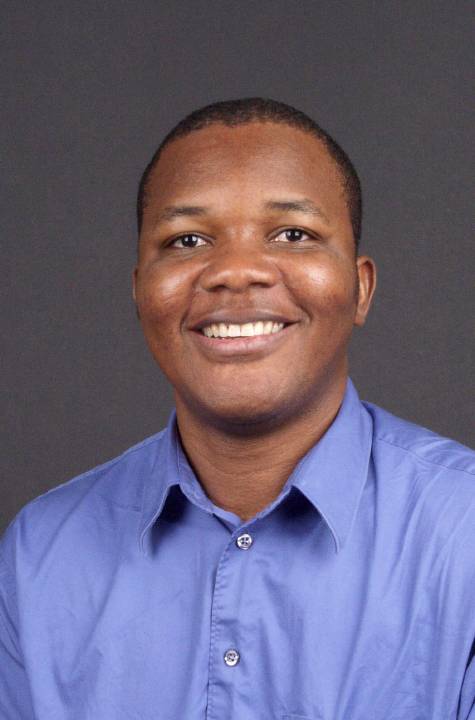Democracy can only improve a nation state, right? What about when it doesn’t? Nigeria’s stability has suffered at the hands of democracy, says Cornelius Vanderbilt Professor of History Moses Ochonu.
“Nigeria’s predicament is a microcosm of the phenomenon of rising financial costs of elections in Africa and diminishing returns on democracy,” he said.
For the past 20 years the electoral price tag has grown and democratic dividends have plummeted
According to Ochonu, this prompts the question, “Is this expensive, periodic democratic ritual called election worth its price?”
Survey data has shown that Nigerians, and Africans overall, increasingly believe the cost of democrac is too high, and that it is an experiment that has largely failed them.
In light of this, Ochonu suggests a reimagining of democracy — a model based on Nigeria’s unique culture, needs and traditions, rather than using the United States as a blueprint.
History of Democracy in Nigeria
In the 1990’s Western foundations and governments worked to democratize Nigeria and other African states. These pro-democracy groups mistakenly assumed it would be easy for Africa to adopt the virtues of liberal democracy despite histories replete with dictatorships. Nigeria’s citizens were convinced that democracy was synonymous with development and that elected officials would hold themselves accountable to the people.

Because elections are zero-sum events, electoral rivalries have worsened Nigeria’s ethnic and religious fault lines, leading to political violence that threatens the unity and stability of the country. Furthermore, Nigerian politicians also do not fear electoral pay back, so they often renege on campaign promises.However, rather than improving development and political accountability, democracy has provided the perfect front to legitimize corruption — often allowing public officials to steal public funds legally. Nigerian public office holders, for example, are the highest paid in the world. The high salary costs along with extreme cost of elections and patronage leaves less funding for roads, healthcare, schools and water.
“For the past 20 years the electoral price tag has grown and democratic dividends have plummeted,” Ochonu said.
The resulting disappointment felt by many Nigerians has resulted in voter apathy, diminishing trust in the state and a rising inclination to look toward other forms of government for relief.
A December 2014 survey suggests that “significant proportions of the population express support for non-democratic practices, such as military rule or an authoritarian president.”
A New Model of Democracy for Nigeria
In light of the social and political issues caused by overt corruption, Ochonu proposes a reimagining of democracy. First, he suggests a constitutionally mandated political decentralization.
“Battles over accountability, representation and governance are better and more effectively fought out at local levels than in distant national and state capitals,” he said.
Second, Ochonu argues that Nigeria should stop holding on to traditions merely to copy the United States. For example, they might move from a presidential system to a parliamentary one. Additionally, they could extend their election cycle from four to six or seven years in an effort to reduce election costs.
Finally, scholars and activists need to consider the fact that elections are not the only way to practice democracy. For Nigeria it may actually be more beneficial to select randomly or according to an agreed-upon formula rather than vote.